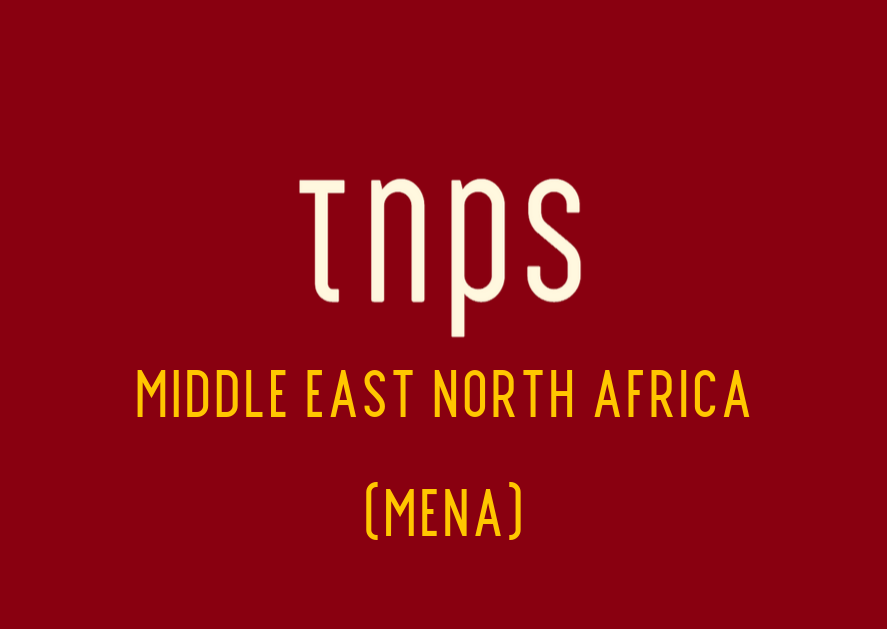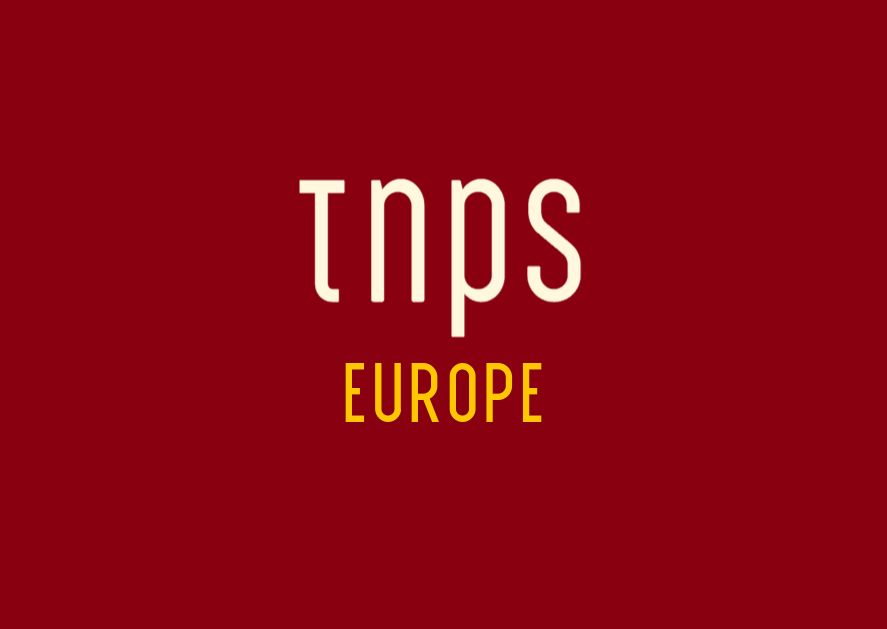One message constantly driven home here at TNPS is the way in which, in contrast to “western” book markets, public-facing book fairs in the MENA region and elsewhere are central to publishing’s bottom line.
In the Arab book markets, for example, book fairs can make or break a publisher’s finances, with many Arab nations regularly attracting a million or more visitors.
Riyadh, Baghdad, Muscat, Algiers, Sharjah are all in the million-or-more-visitors club, while Casablanca, Jeddah, Beirut, Amman and others all attract footfall most western book fairs can only dream of. The world’s biggest book fair is in Egypt.
The reason is simple enough. With bricks and mortar bookselling infrastructure far from adequate outside the biggest cities, MENA readers head for book fairs as their best chance to find books they want. And in turn publishers push their marketing efforts towards book fairs.
Online and digital? Well, that was happening, but at a leisurely pace. Partly because of publisher indifference or on occasion antipathy towards digital, but mostly for the simple reason that there were few consumer options to sell digital books.
Online print book sellers like Jamalon, that lately also sells digital audio, can only do so much, because selling print books online still needs an effective delivery infrastructure, something sorely lacking in many parts of MENA.
Digital books face the problem that, while almost everyone nowadays owns a smartphone, there simply isn’t the digital book infrastructure to make publisher investment in digital books worthwhile.
Amazon for example, has stores in UAE and Saudi Arabia, but neither sells books and there is no Kindle store, even though KDP/KEP does now support Arabic for ebooks (but not for POD).
Apple doesn’t support Arabic and there are no Apple Books stores in MENA.
Google Play does support Arabic but has only token Google Play Books stores across part of MENA (only as far west as Egypt).
Nook of course isn’t there, and Kobo only offers ebooks and audio via its US international store. Localised ebook stores are few and far between, while audiobooks have fared a little better, but digital audio is still in its infancy.
At which point let’s return our focus to Jordan.
Jaber Abu Fares, President of the Jordanian Publishers Union and head of the Amman International Book Fair spoke to the Jordan Times which summarised the conversation thus:
Publishers in Jordan “depend greatly” on their participation in Arab and international books fairs.
The cancellation of the fairs “will impact the sector significantly, causing an economic crisis for Jordanian publishers, who lack the support of the local market and the interest of official institutions”, Abu Fares said.
The publishers union president predicts that the sector will see “fewer new publications and will probably be unable to continue delivering its messages if not supported by the government, higher education institutions and the private sector”.
In March lockdown began and the Jordanian Publishers Union began to look at options, including digital, surveying members to find out how many Jordanian publishers had any digital savvy in terms of online sales, digitisation and social media engagement.
Just 30% replied in the positive, and the Jordanian Publishers Union has committed to running workshops once the crisis is over, to,
clarify the importance of utilising technology and online publishing.
A decision will be taken in July on whether the Amman book fair will go ahead this year, but there seems little enthusiasm for a digital substitute, and perhaps also little real understanding of what digital actually involves.
Piracy, for example, is cited as a reason to avoid digital progress. Per the Jordan Times interview with Abu Fares:
As an example of challenges facing the sector, the union president pointed to online websites that share the publications of publishers in PDF format without prior approval. Piracy, he said, makes books available with no respect for the publishers’ rights.
“The union is working continuously with the Department of the National Library and the authorities to stand in the face of this new and dangerous phenomenon facing the local economy,” Abu Fares said.
But hold on. The problem of physical books being scanned and put online is neither recent nor the real issue here.
Scanned print books is a problem, of course, but PDF copies are not easily read, and what this really shows is that readers are online looking for books that publishers are not making available, and having to settle for low-quality PDF pirate versions because the real digital version is not an option.
And ironically this ties directly into the book fair problem. When book fairs aren’t happening then, as publishers well know, consumers have difficulty buying print books elsewhere. Pirated books are not a first choice of criminals but the last resort of the desperate.
Basem Al Zoubi, General Manager at Alaan Publishers and Distributors, expressed concerns about the book fair calendar being upended but also took a more pragmatic approach towards the digital opportunity available.
Per the Jordan Times:
With the shift to digital reading, Zoubi noted that “it is too early” to judge the situation of paper books in the Arab world, noting that sales average at 1/8 of a book per person each year, while in Europe, the average is at 35 books per person annually.
“There are many Arab societies that still face poverty and illiteracy, and so digital books will not be the suitable solution for the reading crisis in the Arab world, making the need for paper books more lasting for many years to come,” the general manager said.
But hold on, if illiteracy is the problem then a) it makes absolutely no difference whether a book is available in print or digital format, and b) the literacy-challenged can still enjoy digital audio.
The Jordan Times report concludes, referring to Al Zoubi:
He reiterated the sector’s need for government support, noting that the coronavirus crisis “has only increased” the crisis Arab publishers were already facing.
“The publishing sector was not ready to face such conditions. Publishing houses have been affected a lot by the suspension of book fairs and the idea of digital fairs was not very effective, especially for households that depend on paper publications,” Zoubi said.
And again we have this contradiction that lies at the heart of the issue.
Households depend on paper at least in part because there is no meaningful digital alternative on offer.
Yet as we have seen across the globe where a choice is offered, many consumers rush to embrace digital if it is offered in a meaningful way at sensible prices and with a real choice of content available.
We saw this in the now mature western digital markets when they first began. Look at the US in 2007 when the Kindle store launched and there were only expensive ebooks from a handful of publishers available. Ebooks took off very slowly.
But as prices came down and the choice of titles rose, ebooks took off at a phenomenal rate, often seeing triple digit growth. So much so that big publishers had to rein in demand by deliberately raising prices, in order to protect print and bricks & mortar book sales.
And we’ve seen that mad rush to embrace digital repeated time and again.
Take Storytel, for example, now in twenty countries, including the UAE, and aiming for twenty more over the next few years.
The idea that consumers are not ready for digital books is clearly nonsensical. The problem for MENA publishers is that many – not all, but many – are not keeping up with consumer preferences. Rather they are dictating consumer options based on conscious dislike of digital, or indifference / ignorance of how digital is shaping publishing around the globe.
Jordanian publishers might want to look more closely at what is happening in the UAE, where publishers seem ready to fully embrace the digital advantage.
Or to look at the latest news from the Arabic audiobook service Kitab Sawti.
You can’t put the digital genie back in the bottle.




